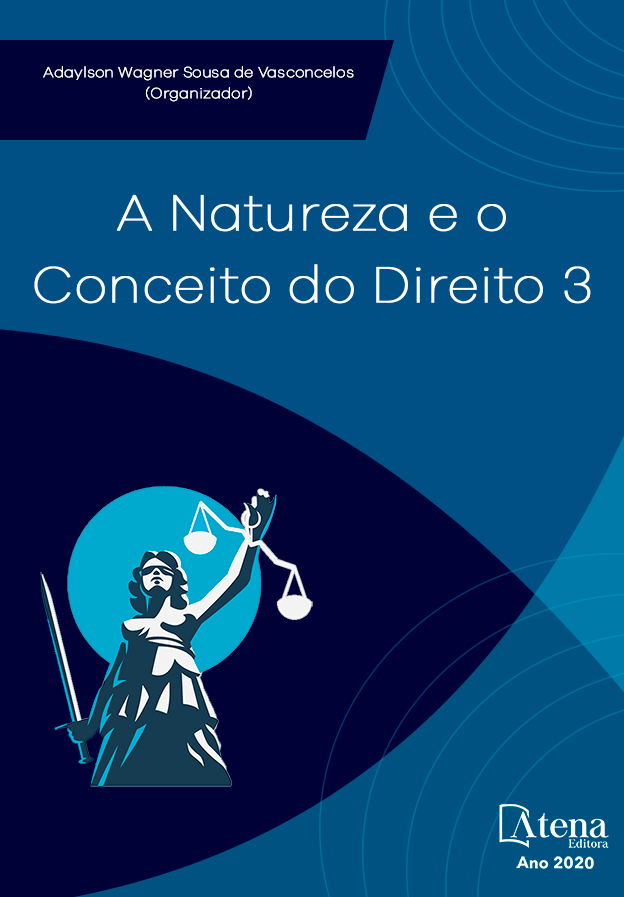
A INEFICÁCIA DAS ALTERNATIVAS PENAIS COMO FORMA DE COMBATE À SUPERLOTAÇÃO CARCERÁRIA
O presente trabalho objetiva a análise da eficácia das chamadas alternativas penais como método de desencarceramento ante o estado de coisas inconstitucional que atinge o sistema penitenciário brasileiro. Para isso, o presente trabalho utilizará do método hipotético dedutivo, a partir do qual será verificada a hipótese das alternativas penais como forma de reduzir a população carcerária brasileira. Ademais, será realizada pesquisa de cunho qualitativo e descritivo, utilizando-se de meios de pesquisa indiretos documentais e bibliográficos, correspondentes às estatísticas disponíveis sobre encarceramento no país, regulamentações sobre o instituto e obras doutrinárias que analisam criticamente o fenômeno. Conclui-se que embora a utilização dos institutos englobados pelo termo “alternativas penais” tenha reduzido o número de encarceramentos, ainda sim há um aumento e assombroso do número de prisões, de forma que esse instituto se mostra insuficiente para resolver a crise carcerária brasileira. Além disso, conclui-se que as alternativas penais fazem parte de tentativa apaziguar os efeitos da expansão do Direito Penal, a qual apenas adia a necessária discussão dos problemas da utilização do Direito Penal como sola ratio de resolução das demandas sociais.
A INEFICÁCIA DAS ALTERNATIVAS PENAIS COMO FORMA DE COMBATE À SUPERLOTAÇÃO CARCERÁRIA
-
DOI: 10.22533/at.ed.606020110914
-
Palavras-chave: alternativas penais, minimalismo penal, crise carcerária
-
Keywords: criminal alternatives, criminal minimalism, prison crisis
-
Abstract:
The present work aims to analyze the effectiveness of the so-called criminal alternatives as a method of release of the number of prisoners in the face of the state of unconstitutional things that affects the Brazilian prison system. For this, the present work will use the hypothetical deductive method, from which the hypothesis of criminal alternatives will be verified as a way to reduce the Brazilian prison population. In addition, qualitative and descriptive research will be carried out, using indirect documentary and bibliographic research methods, corresponding to the available statistics of incarceration in the country, regulations of the institute and doctrinal works that critically analyze the phenomenon. It is concluded that although the use of the institutes encompassed by the term "penal alternatives" has reduced the number of incarcerations, there is still an huge and increasing number of prisons, so that institute is insufficient to solve the Brazilian prison crisis. In addition, it is concluded that the criminal alternatives are part of an attempt to appease the effects of the expansion of Criminal Law, which only postpones the necessary discussion of the problems of using Criminal Law as a sole ratio for solving social demands.
-
Número de páginas: 14
- Matheus de Quadros


